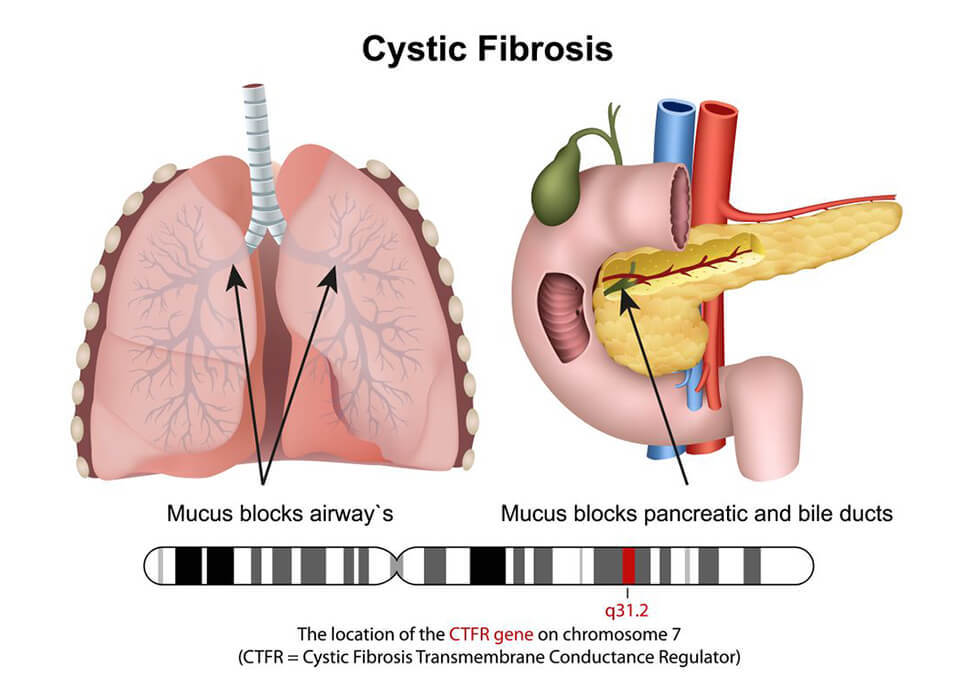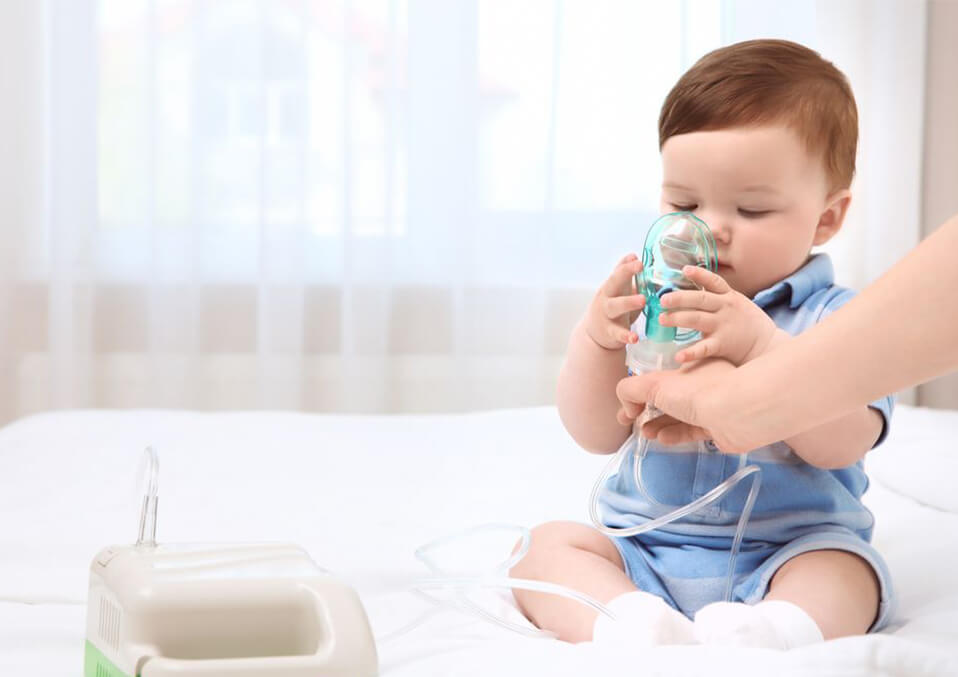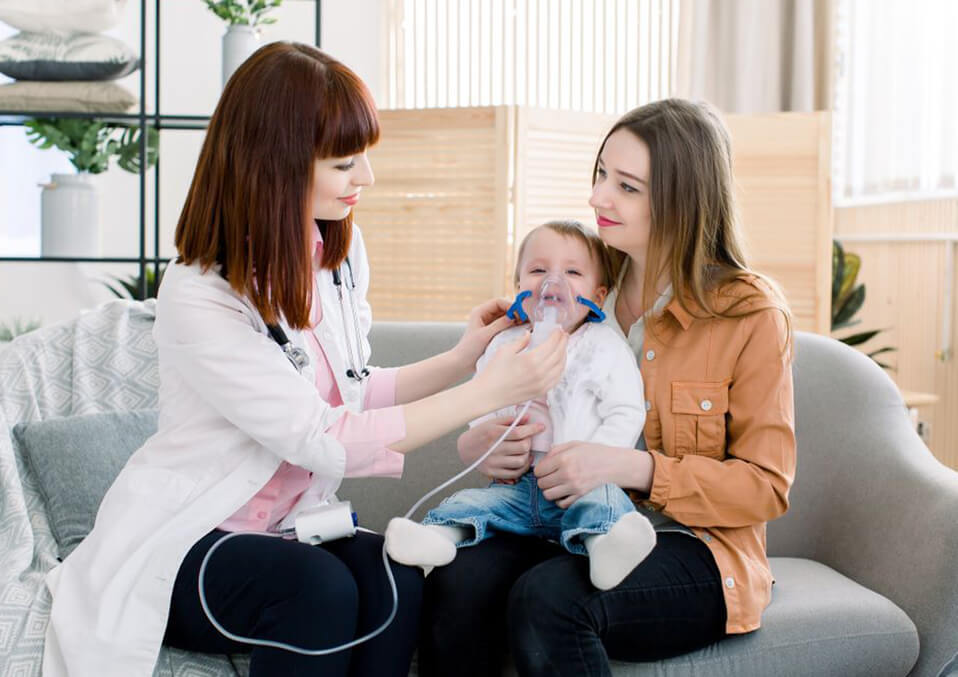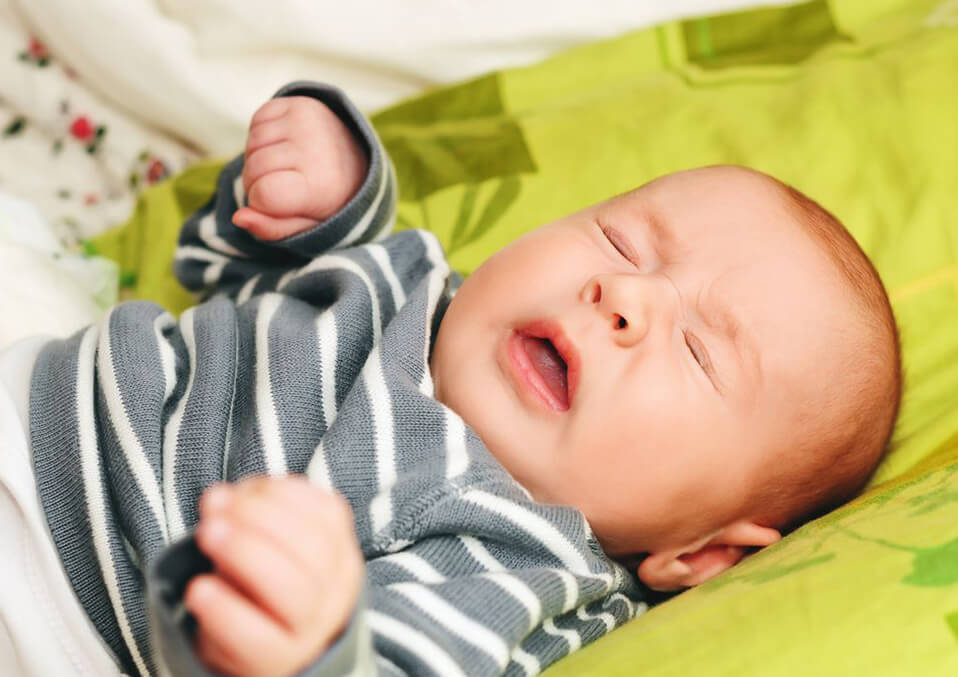
A nebulizer is an electronic device that converts the liquid solution into a mist to directly reach the lungs through inhalation that aims to provide immediate relief from respiratory illnesses or congestion. When babies experience respiratory problems, it is important to find an immediate cure so as not to aggravate their situation. Nebulizing is the most suitable cure relief that can immediately target their lungs for an immediate effect.
The use of nebulizer is always helpful may it be at your own home or in the hospitals. You may need to invest in a nebulizer depending on your baby’s condition. You need to ensure that your baby will truly benefit from it through proper usage that is why as a guardian, it is your responsibility to use it properly.
What health conditions do nebulizers treat?

If your baby is suffering from chronic conditions such as asthma, your doctor may prescribe the use of a nebulizer to lessen the irritations felt in the airways. Conditions below are some of the conditions that require the use of nebulizer:
- Cystic fibrosis
This is a genetic disease that is characterized by the thickening of the mucus that blocks or clogs the airways that may lead to difficulty in breathing.
- Croup
When the virus is brought about a common cold croup condition is experienced where the baby has swelling airways that are evident to a barking cough and runny nose.
- Epiglottitis
This condition is commonly caused by pneumonia where the bacteria cause the airways to swell that is why there is a high-pitched sound that you may hear when the baby breaths.
Read also: Is it safe for your baby to be around your cat
- Pneumonia
This is a severe respiratory condition that involves the inflamed lungs. When your baby has this condition, hospitalization is required because it is fatal. Your baby may fee high fever and shortness of breath.
- Bronchiolitis
This condition may show symptoms of mild to severe respiratory illness caused by the inflammation of the airways.
How safe is the use of nebulizer for your baby?

There are different kinds of nebulizers depending on where you would use it, if the nebulizer that you will use is designed specifically for babies and that the liquid solution that you will use is prescribed by the doctor, you can certainly be sure that it is safe for the use of the baby. With the use of nebulizer, expect that your baby experiences a relief usually in shortness of breath, in as fast as 10-15 minutes. Doctors would even recommend mothers or guardians to keep it handy at all times so if in case your baby needs it you can give them temporary assistance.
How often can your baby use a nebulizer?

The nebulizer can be used depending on the severity of the respiratory condition. The doctors would also recommend when it is most advisable to nebulize. For normal cough and colds, it is advisable to nebulize at least once before going to bed. While for babies that are suffering from more severe health conditions such as asthma and bronchitis, it is advisable to nebulize more often so as to clear their lung’s passageway for an increase in airflow. An indication for you to stop nebulizing if you see that your baby manages her breathing.
What happens when the nebulizer used is not suitable for your baby?

The nebulizer that is suitable for the babies that are prescribed by the doctor is always safe. However, it can’t be avoided that some mothers would self-medicate especially in emergency situations wherein that particular thing is the only available. These are some of the side effects that a nebulizer may give to your babies:
- Irritations on the throat due to dryness
- Unpleasant taste in the mouth that induces nausea or vomiting
- Improper use of the liquid solution may cause stomach pain and bleeding nose
- Unclean or unsanitized nebulizers causes other irritations or complications
Types of medicines used in a nebulizer
- Non-medicated liquid
This is mostly used if the baby is just suffering from a dry nose but still experiencing difficulty in breathing because the air that needs to pass through the air passage should be moist. The need for nebulizer helps in moistening the mucous membrane to reduce dryness and to have smooth breathing.
- Medicated liquid
If your baby is suffering from asthma, rhinitis or other similar diseases, the use of nebulizer together with this medication helps in releasing bronchodilators into the lungs so that there will be an increased airflow in the lungs.
The proper way to use a nebulizer with your baby
Step 1: The medication provided to the baby will be inhaled through the use of the nebulizer. The first step is to thoroughly read the instructions. You may also watch videos on the internet on how to use it properly or ask for help from your pediatrician how to use it properly.
Step 2: Plug in the nebulizer’s air compressor into an electrical outlet put the desired dosage of medication in the specified nebulizer cup.
Read also: Reasons why babies are always rubbing their eyes
Step 3: Make sure that all parts are attached to each other like the air hose and the nebulizer, and the mask with the nebulizer cup. Make sure to secure the mask into your baby’s nose by strapping it or by using the elastic strap to keep it in place.
Step 4: Your baby only needs to breathe naturally with the mask on for about 10-15 minutes, make sure that there is no way for the mist to escape so as to get the whole dosage. Assist your baby until the dosage is completely inhaled.
Step 5: After nebulizing, clean the nebulizer thoroughly so that the next time that you will be using it, your baby won’t inhale any bacteria buildup. You may rinse some of the parts such as the mask and the tubing.
Tips on using it
- If you are treating mild conditions such as cough and colds, it is advisable to choose a fixed routine where you would do the session so that the baby’s body gets acquainted with it.
- Make sure that before handling the nebulizer, your hands are clean and sanitized so as not to pass germs from entering the device.
- Your baby shows that she is not comfortable in using it if she won’t stop crying, if that happens, let her sleep before nebulizing her. The effectivity of nebulizing is just the same whether she is awake or not.
- Make the nebulizing session for your baby comfortable by making sure that you have already breastfed her so as not to interrupt the process when she is suddenly hungry.
Read also:
- Techniques on how to Warm Breast Milk
- How Long Should You Let Your Baby Cry?
- Zantac Concerns: is it Harmless for Babies?


